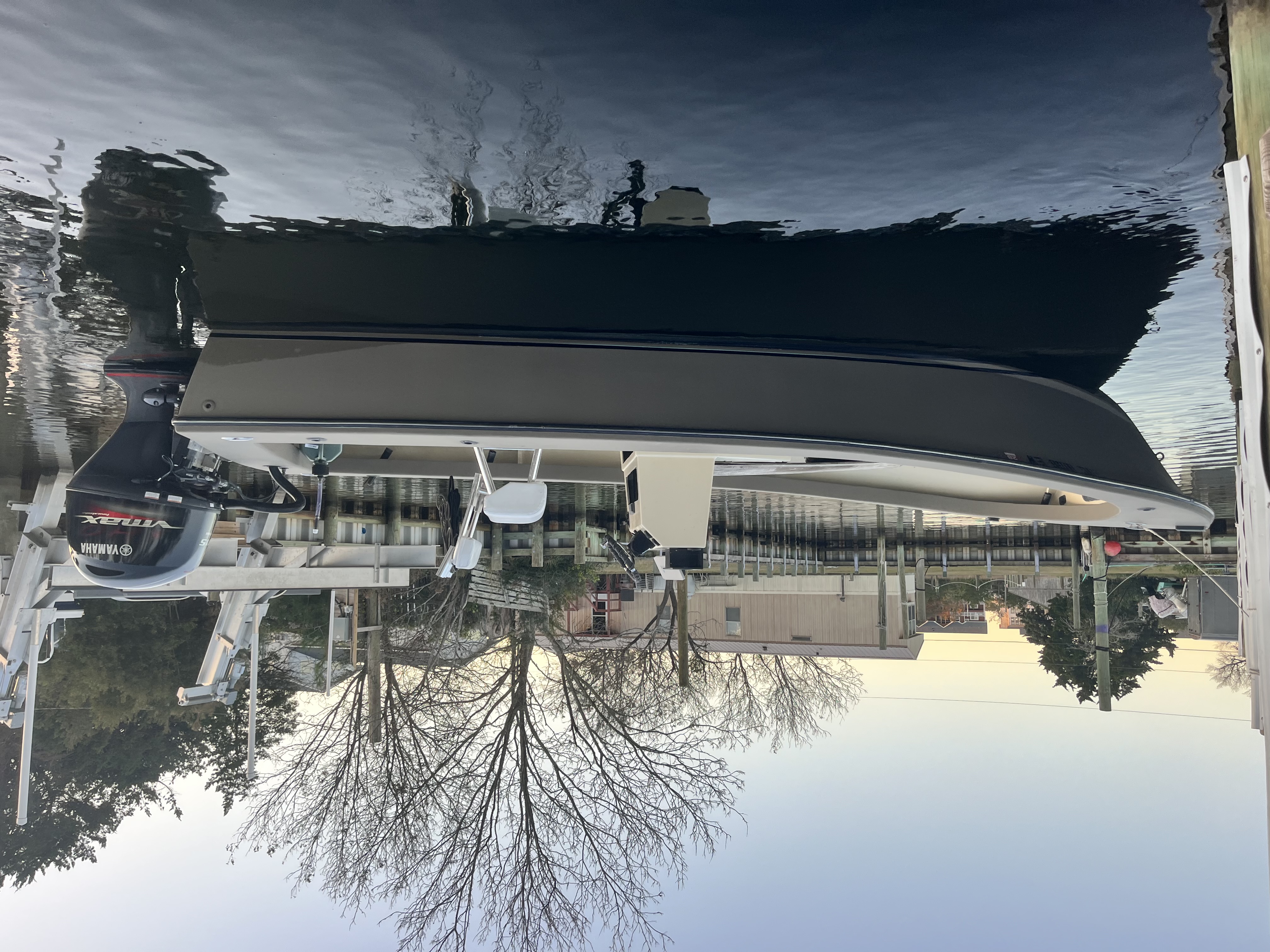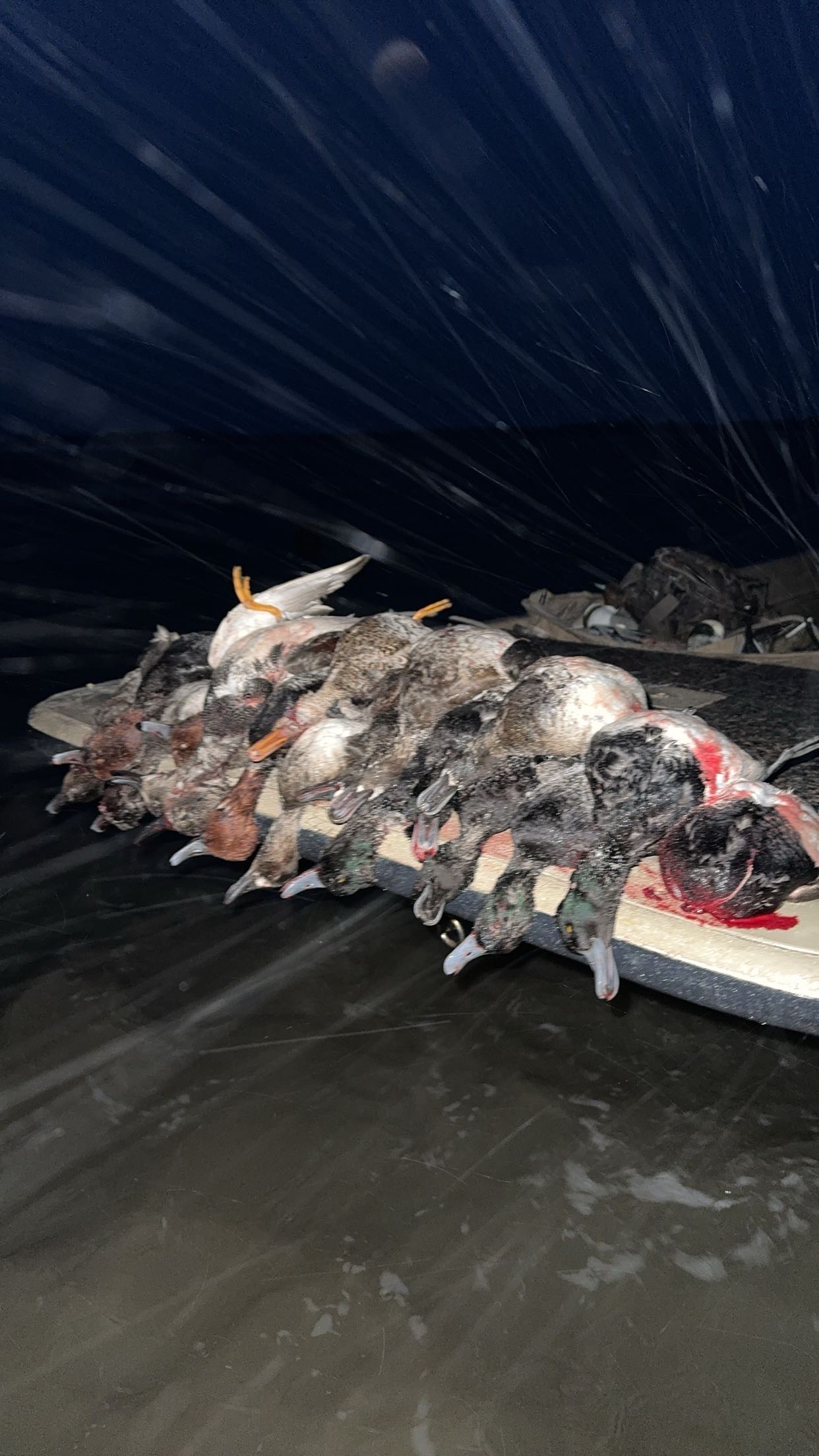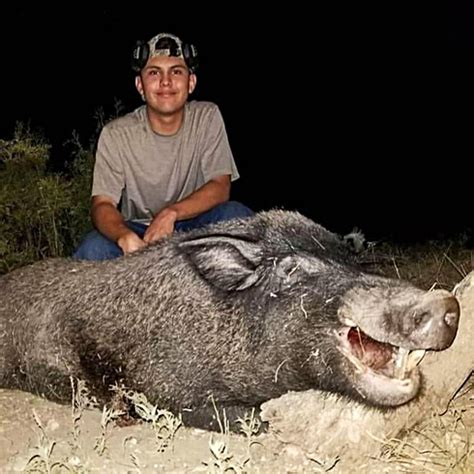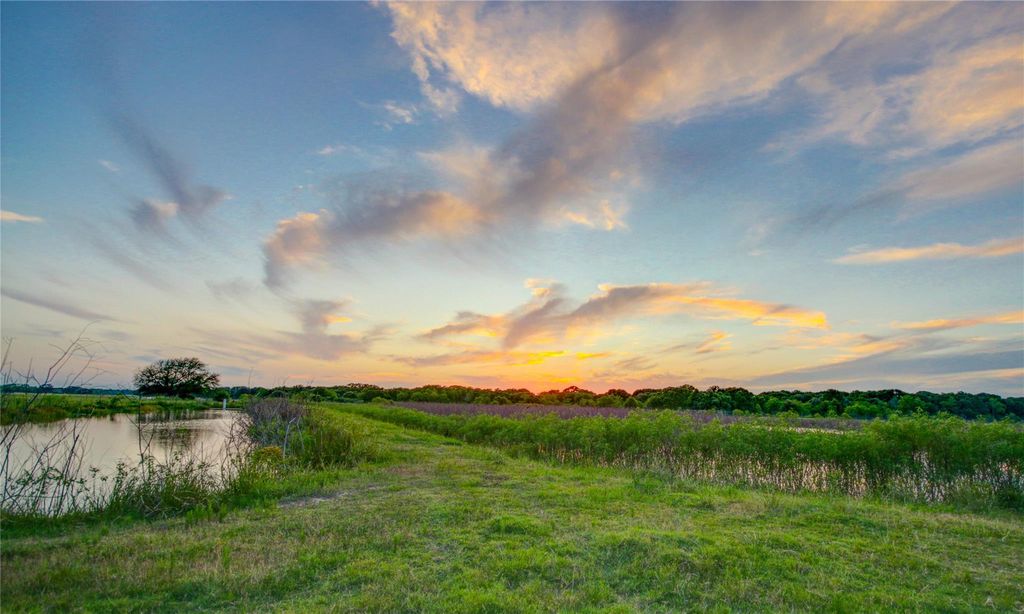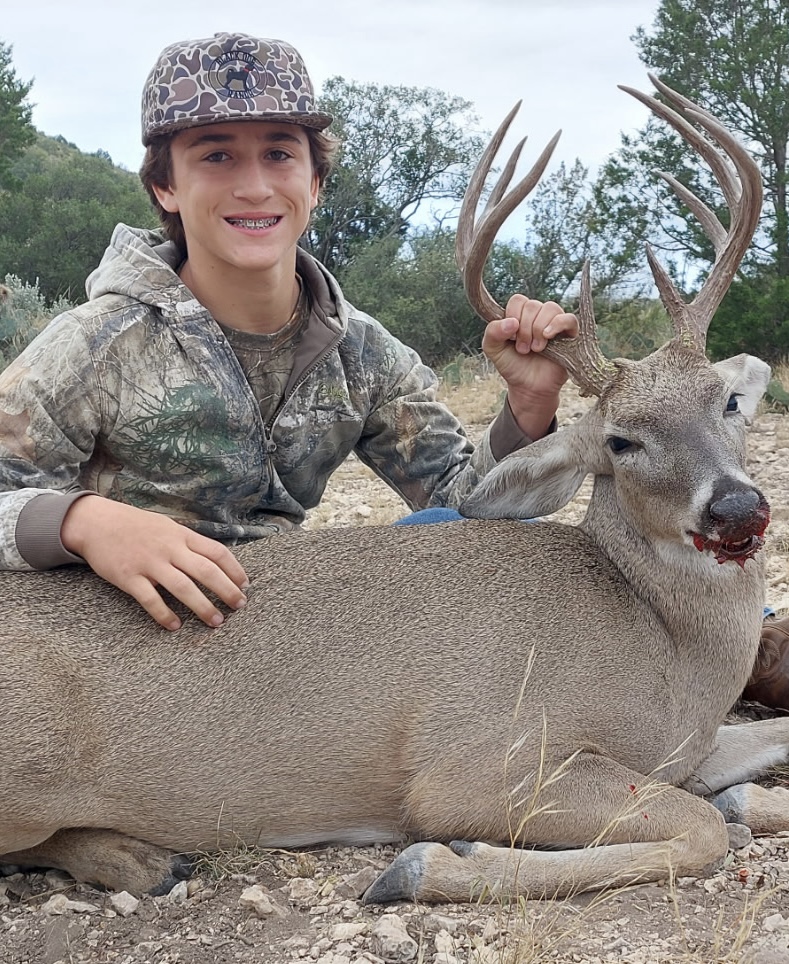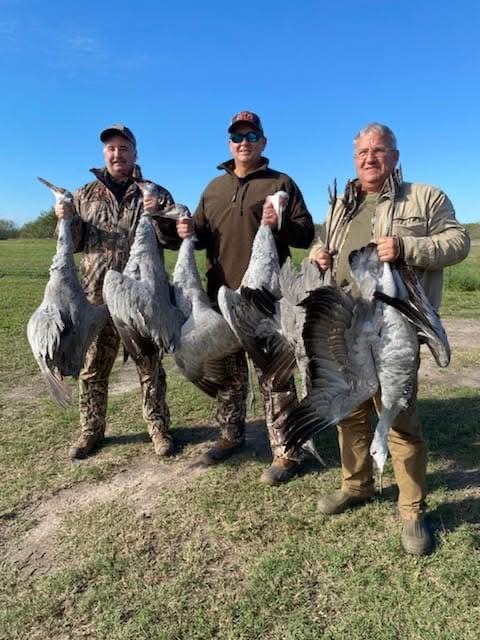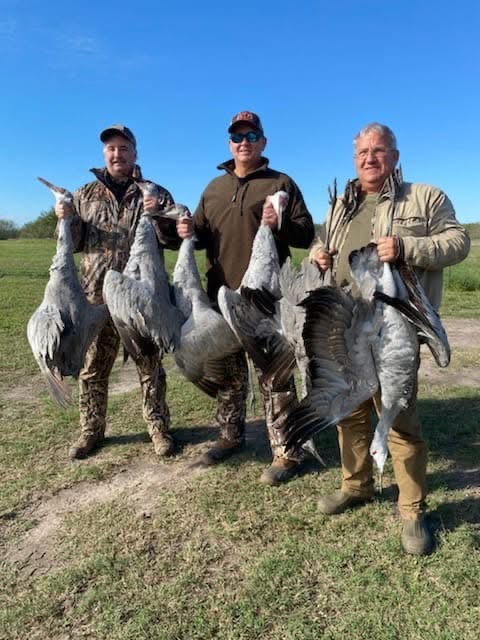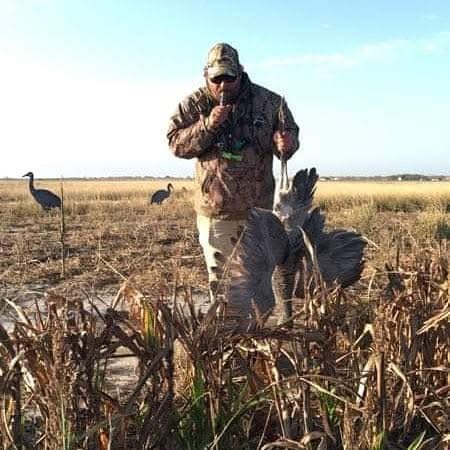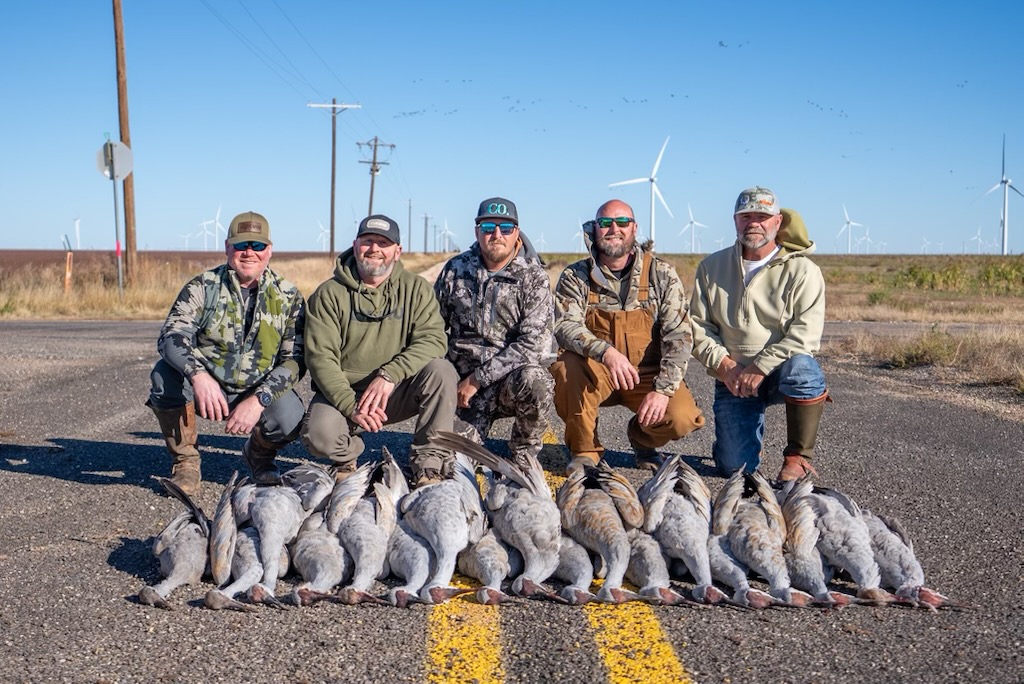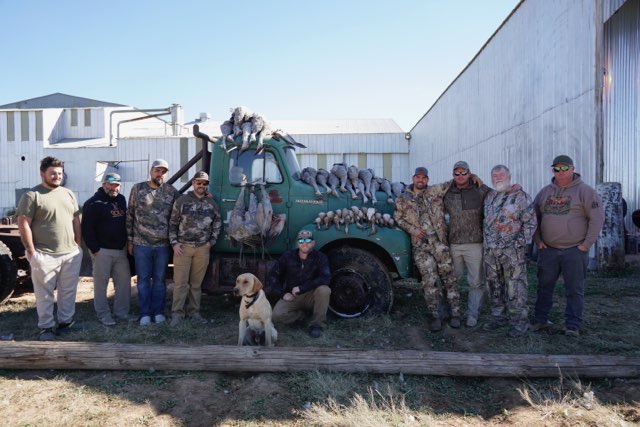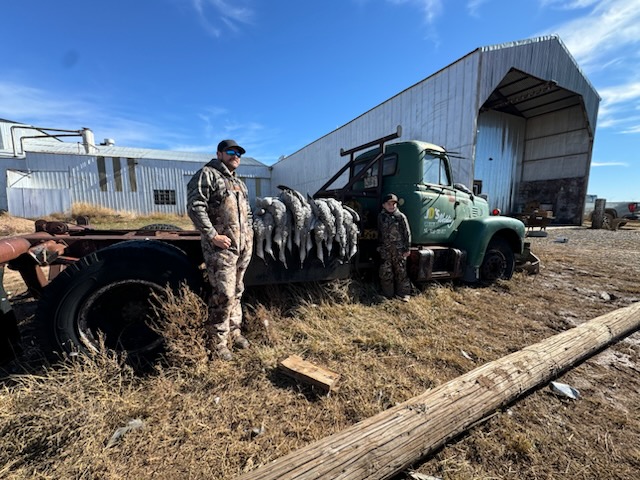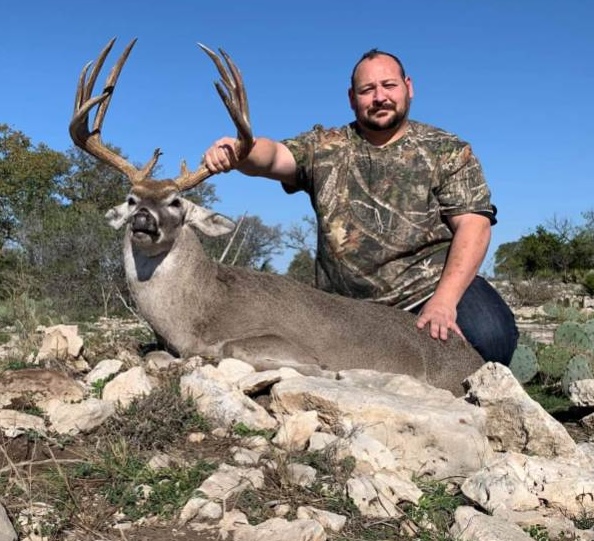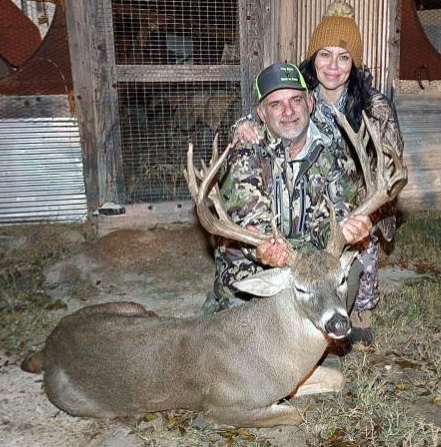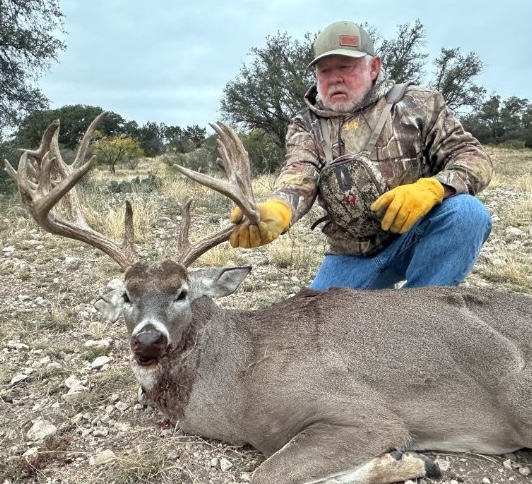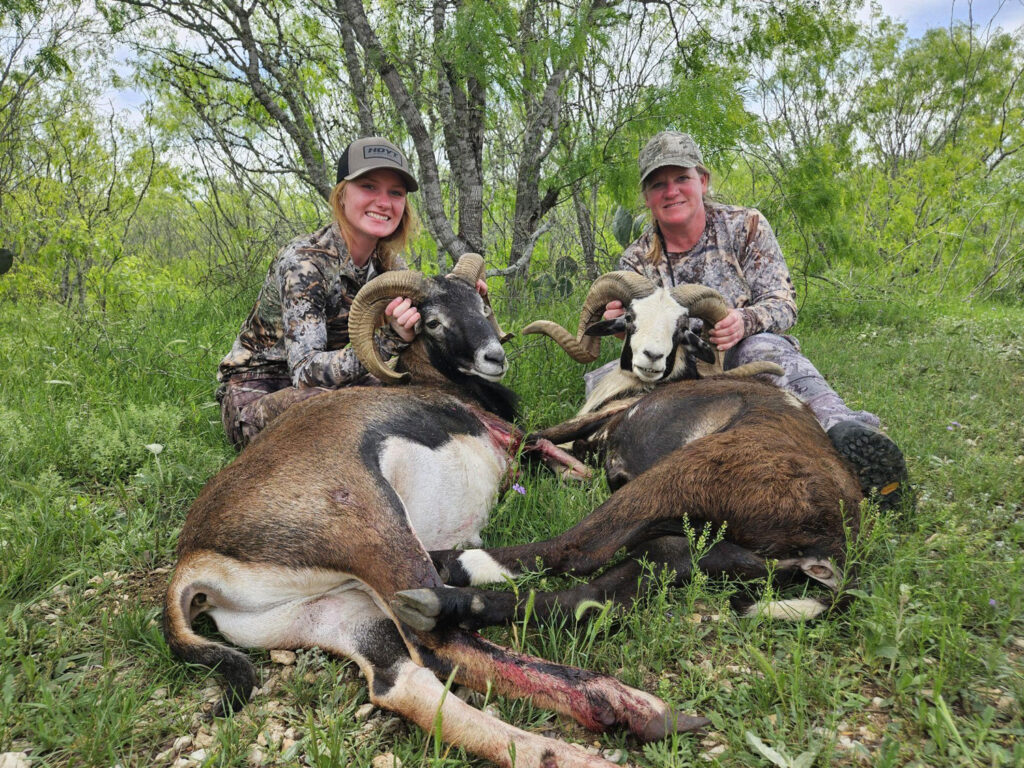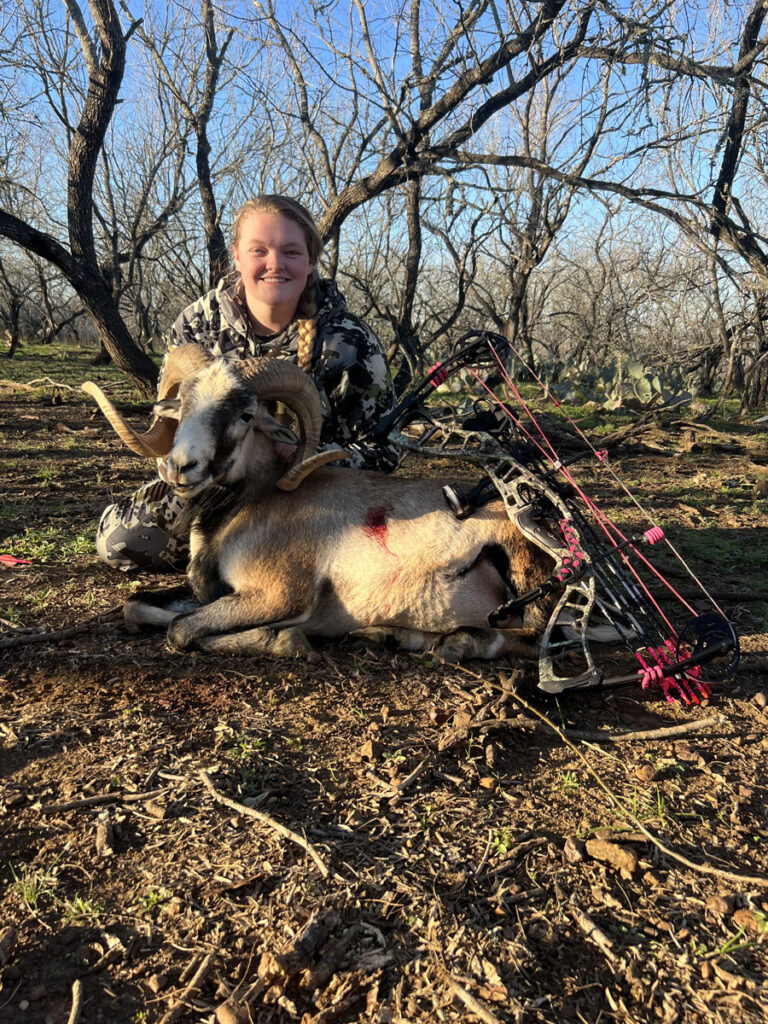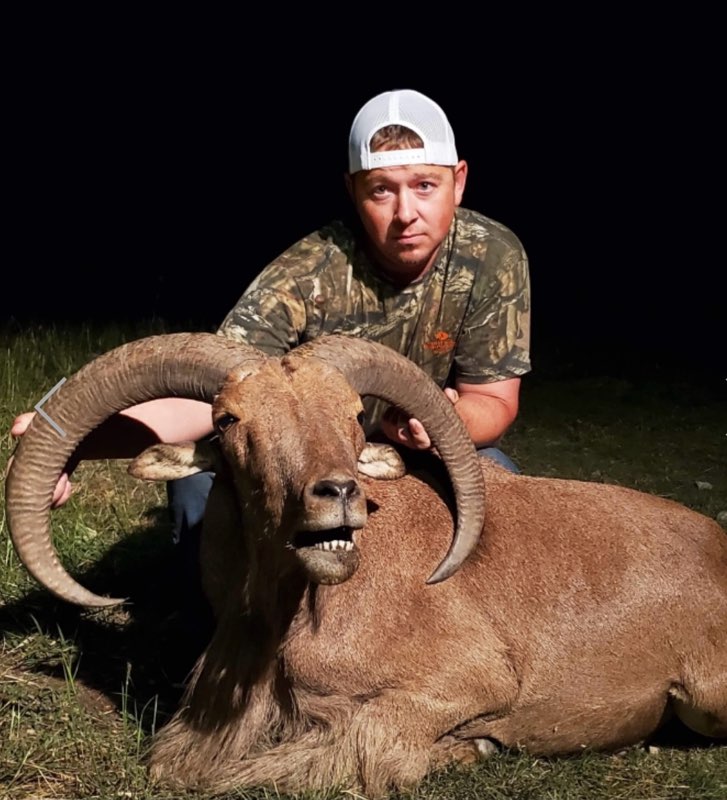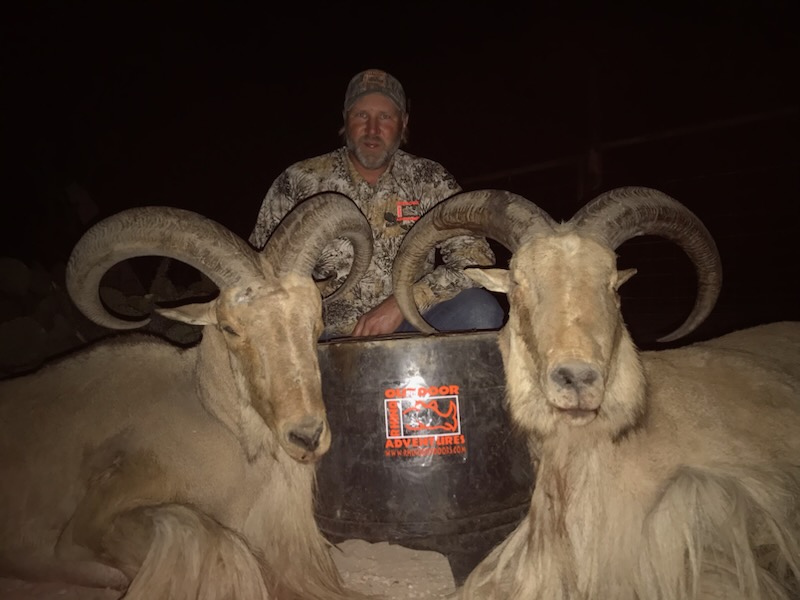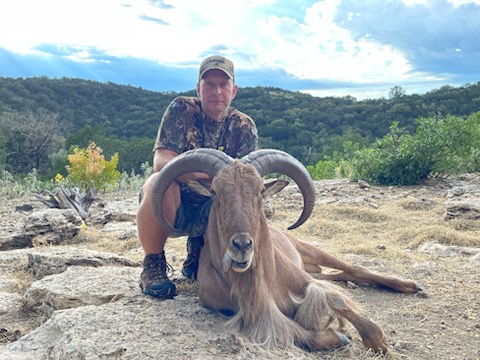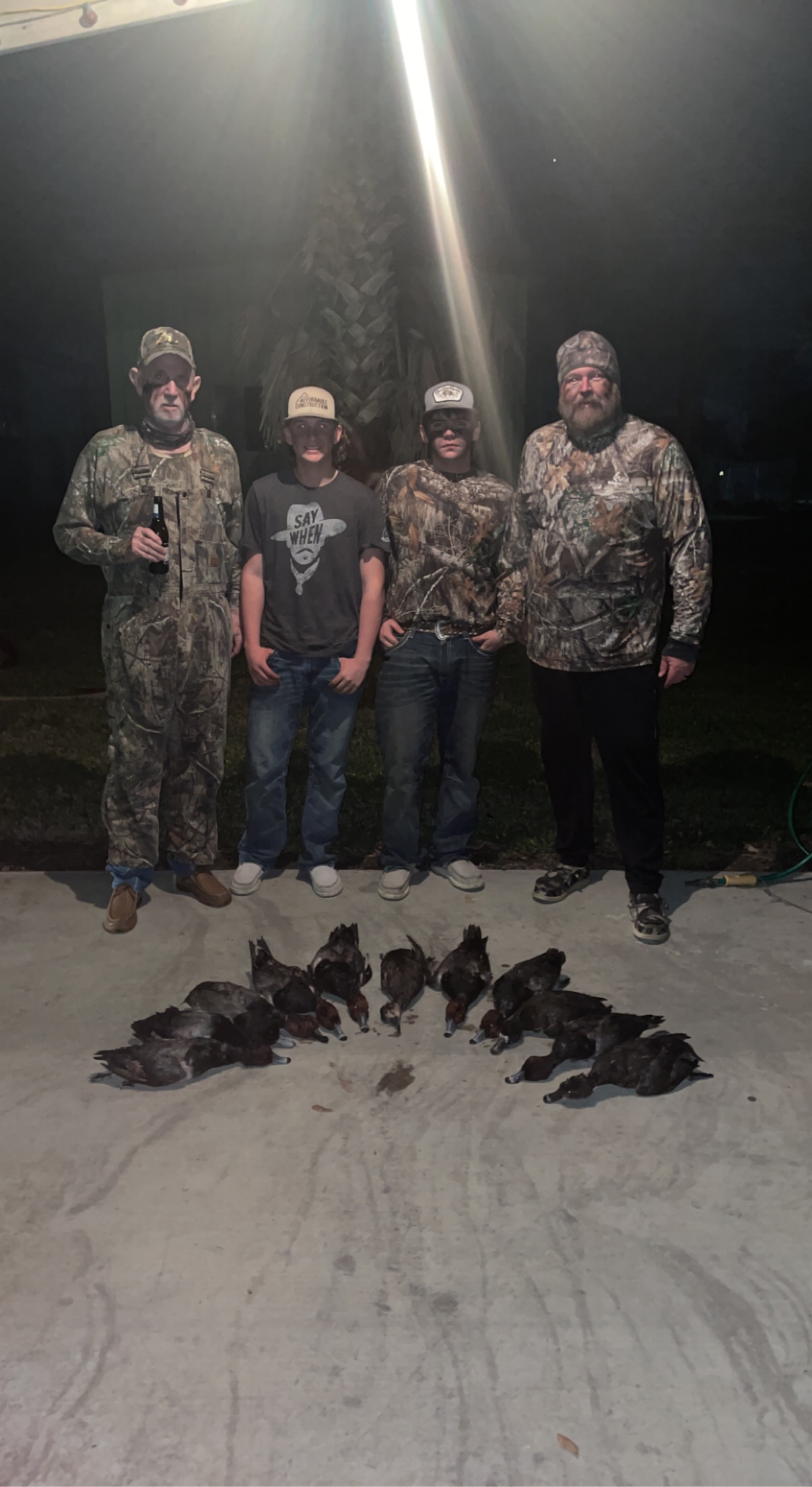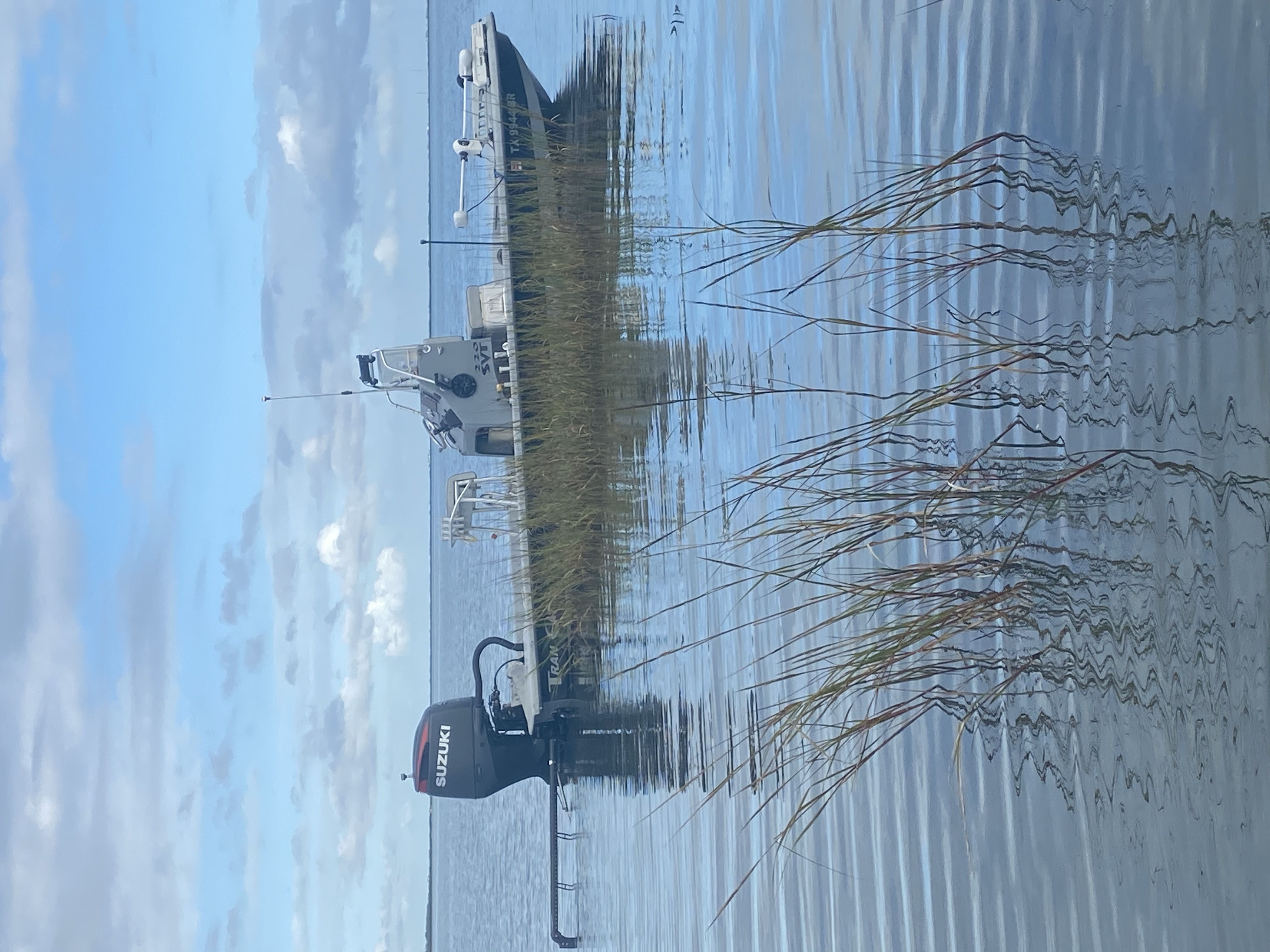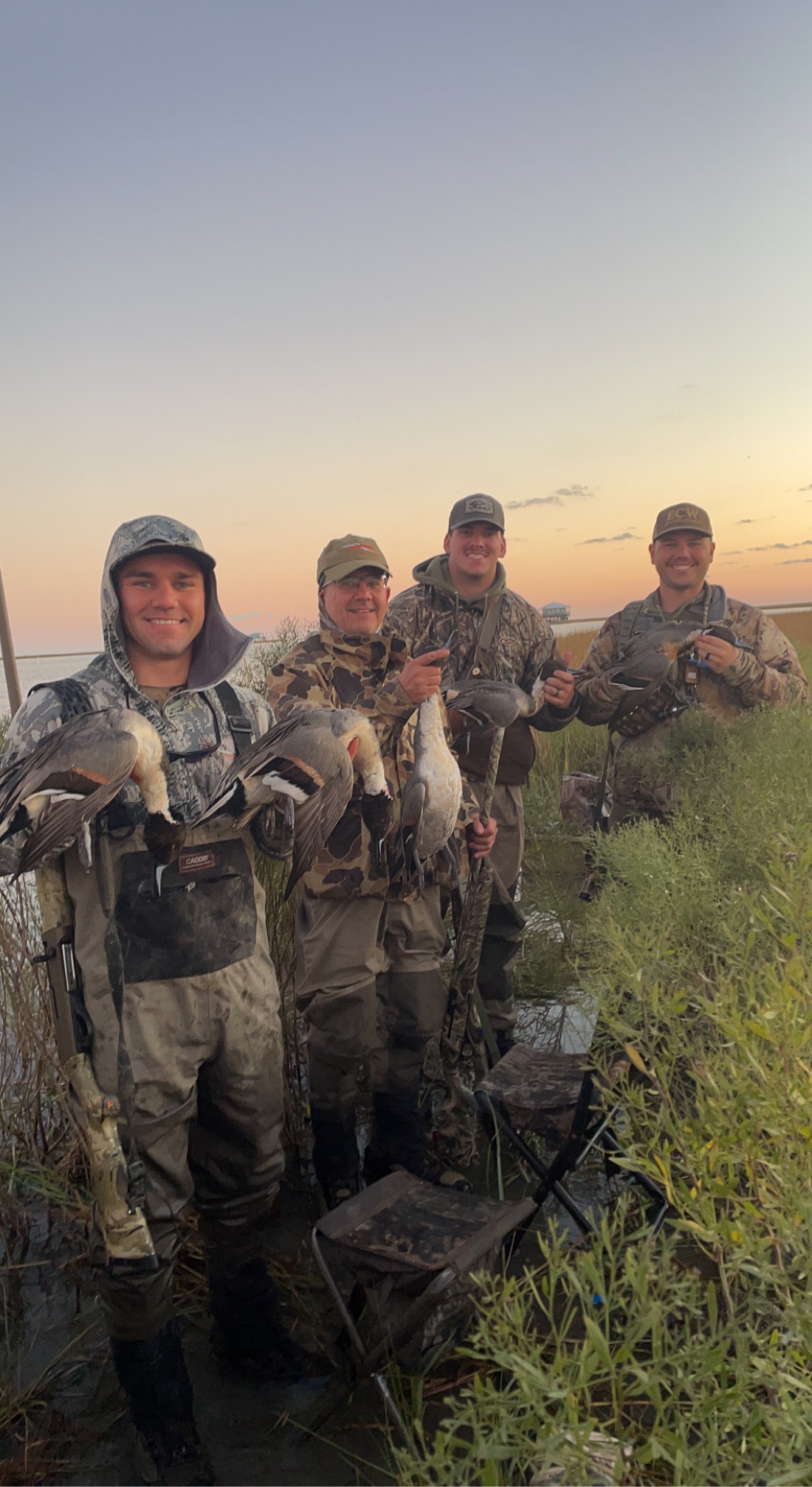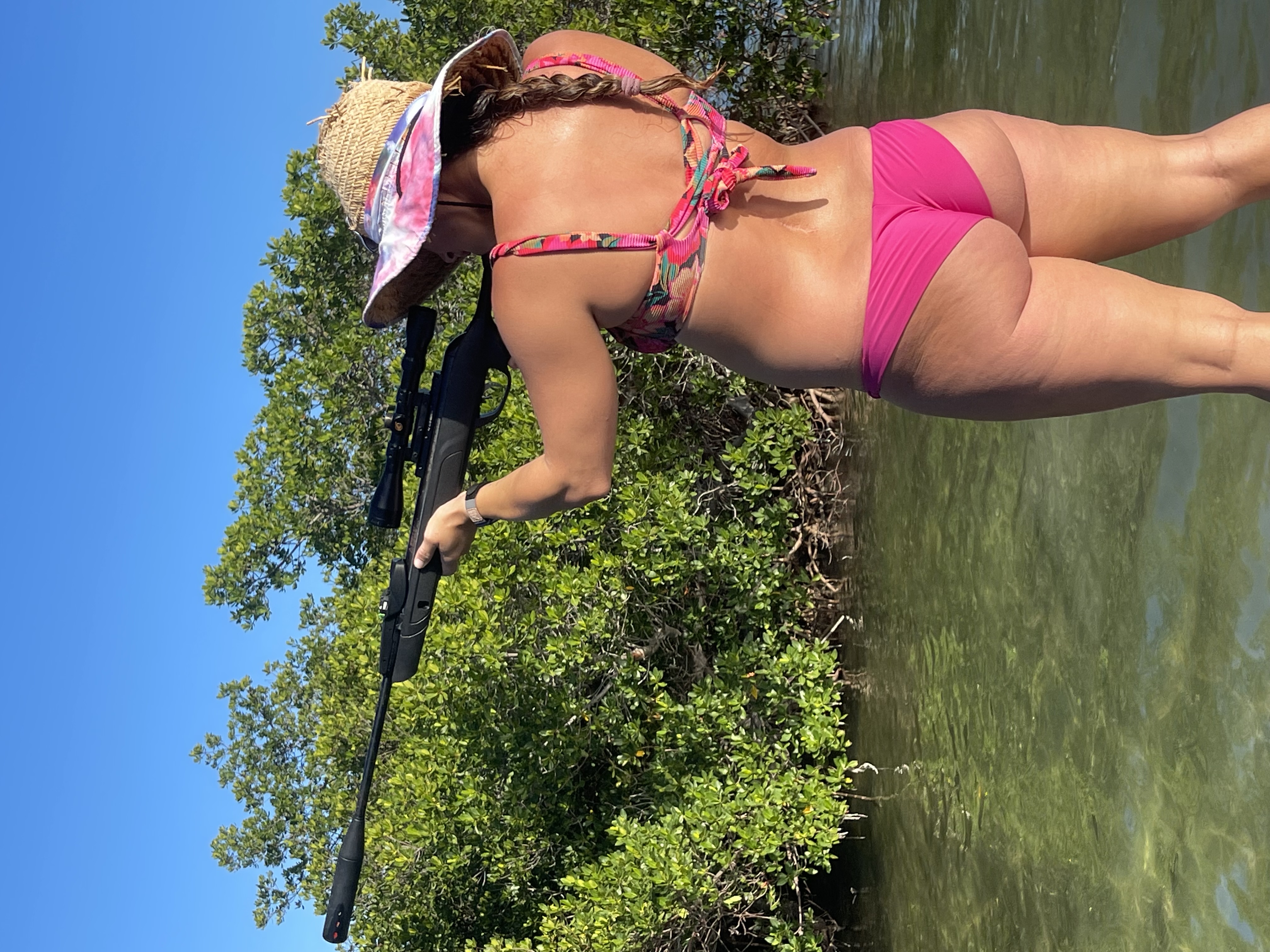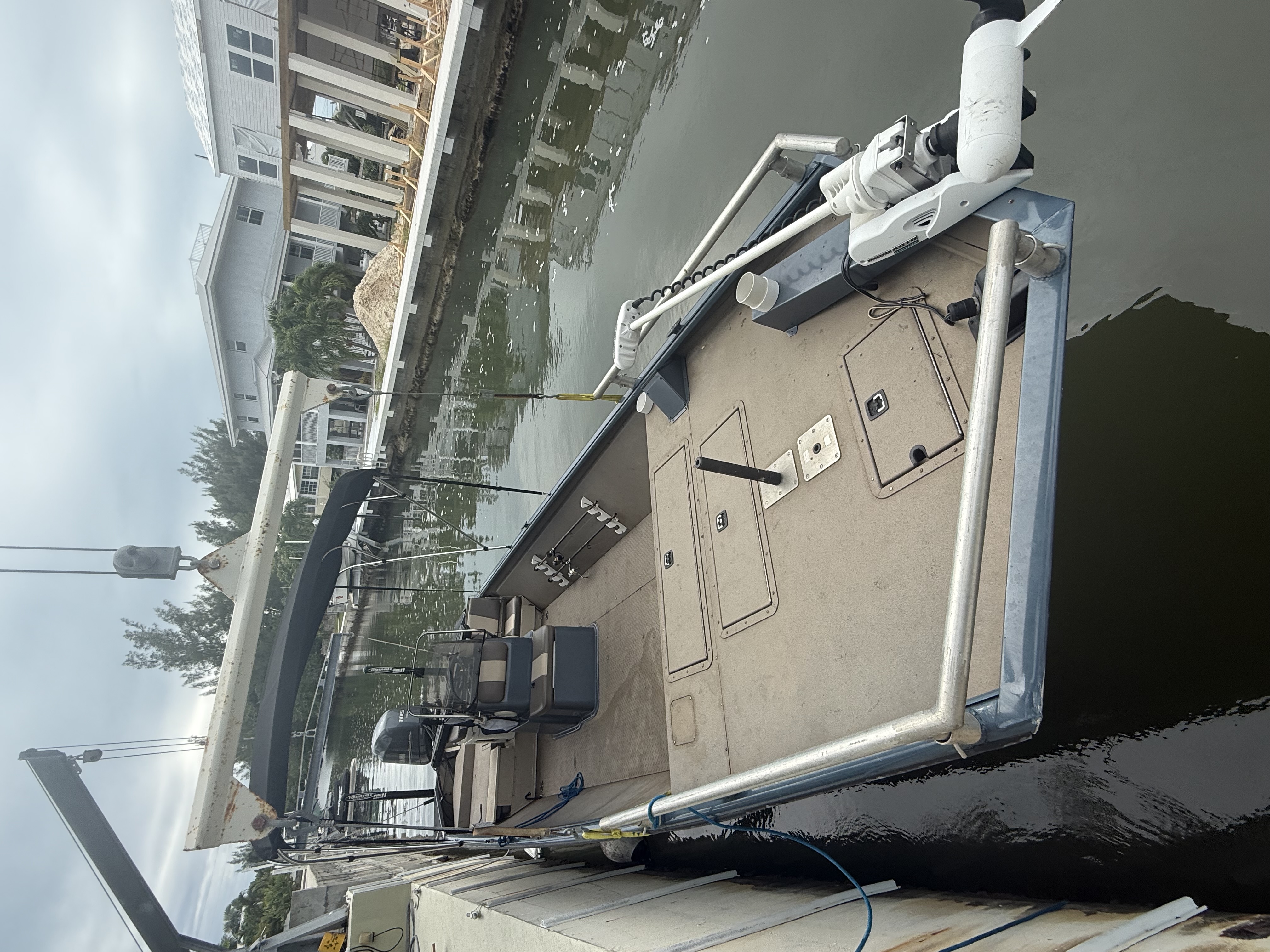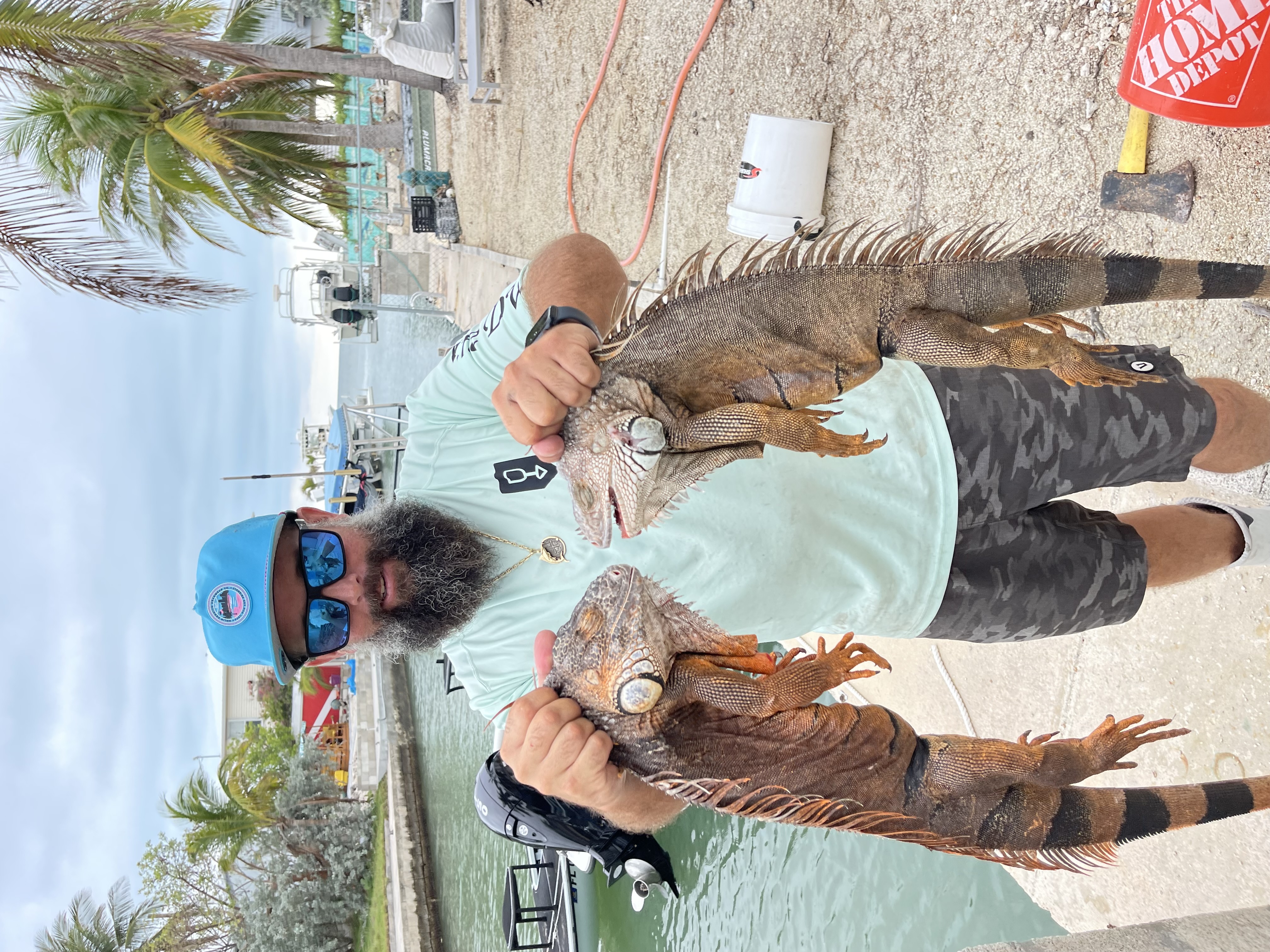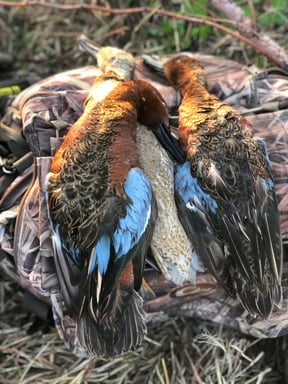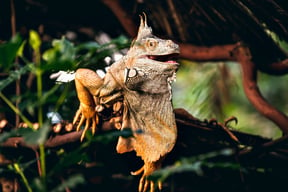Dawn Patrol Ducks
Invasive Species Hunting in Damon
Hog Hunt Close To Houston
Whitetail Hunt Close To Houston
SANDHILL CRANE
West Texas Crane Hunt
Invasive Species Hunting in Van Horn
West Texas Whitetail
Big Game Exotics
Aoudad Special: 3 Days, 2 Nights
TX Marsh And Bay Duck Hunts!
Invasive Species Hunting in Stock Island
Iguana Hunt
We started Captain Experiences to make it easy to book fishing and hunting guides around the world. With over 2,000 Damn Good Guides, our platform makes finding and booking a trip seamless. Head here to check out our trips.
The team here at Captain Experiences decided to shut our laptops for a couple days to hunt and fish on the Texas Coast. With duck season being open in November and the fishing still going strong, there may be more sporting opportunities now than any other time of year. We couldn’t resist getting out there and reconnecting with the outdoors. We packed our things then headed to the coast for a duck hunt and a cast and blast.
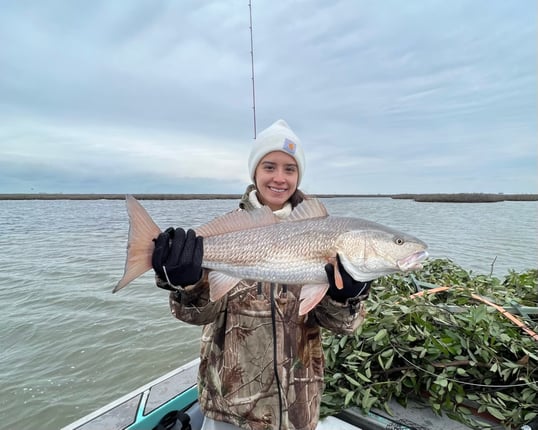
Our first day on the coast was spent hunting ducks in Port Aransas and while the weather was tough, we were successful. Despite the fatigue from hunting in the morning and meeting up with our guides in the area the day prior, we were quick to get out of bed. We had a quick breakfast then took a minute to make a sandwich for lunch because today we were doing a cast and blast. With the coolers packed and gear on we jumped in the trucks we headed for Rockport.
The plan was to split up the team between two boats guided by Captains Alan and Chase. While most duck hunts occur in the morning this cast and blast was scheduled for an evening hunt. Luckily, this meant we were able to wake up a few hours later than the day before. Unfortunately, the forecast for the day was still less than ideal with temps in the 40s, gray skies, and stiff wind out of the north.
Ready for Reds
After our ride up to Rockport, Alan and Chase were ready at the boat ramp. Once all of us were acquainted and split into groups, we boarded our respective boats and pushed off. The groups were Jonathan, Hannah, David, and Adam with Alan, and Attison, Ian, Elena, and I (Joey) with Chase. We slipped through a maze of flats, lakes, and narrow cuts seemingly at random which is easily one of the best ways to start your day. Once the boat shut down at the first spot, we got up, shook off a chill, and started fishing.
Chase set down the power poles and started casting rods and handing them out. While all of us were fully capable of casting the baitcasters we were using that day, the number of people on the boat made it impossible to get a full cast from the deck. While I fought off feelings of insecurity having someone else cast my rod for me it definitely made the most sense.
The tactics for the fishing portion of our trip were dead shrimp on a Carolina rig with a short leader. As we slowly fished through the backwater lakes Chase explained that the tide was going to change in the next few minutes which would cause the larger areas to start draining water through the cuts we were fishing.
Getting a Bite
Minutes after handing out all of the rods, Attison hooked up with a fish. In classic redfish fashion, it picked a direction and ran. The redfish could only briefly overpower the drag before Attison took the upper hand. After a few minutes of fighting, Chase netted the fish. We paused for a moment to take some pictures then got right back to it.
The action was off to a good start but after fifteen minutes of nothing but grass, Chase announced that we would move in a few minutes. Perfectly on cue, a redfish took Elena’s bait. A similar short-lived fight followed with Elena making quick work of the fish. When the fish was netted however, out poured a solid redfish. We congratulated Elena on the fish and had a laugh about her nonchalant composure. After fishing a little while longer, we tried another spot.
Despite the dumpy weather, we were in good spirits. The chatter never stopped except when driving between spots and we already caught two fish. What more could you want?
As we pulled up to the third spot I could see several channels coming together. That’s a good sign. In the main lake ahead of us where these smaller channels were draining, bird were circling and diving. Another great sign. Lines went out and the conversations fired back up. After a few minutes of discussing conservation while watching the birds to see what food they came up with, I felt a tug.
I leaned back and set the hook and felt the unmistakable shaky pull of a bent rod with a fish on. I quickly realized this fish was not large enough to create much struggle. What the fish lacked in strength it made up for with agility. I reeled quickly and used my rod to keep the fish from finding a snag. Once the red was netted we could see the incredible deep copper color and blue trimmed tail. I held up my undersized red for the camera, then we sent the little guy on his way.
We moved spots again and fished for a little while longer to see if Ian could get on the board. After running down the clock and still no fish we had to reel up and set up our duck blind.
Loaded Down
One of the first things we noticed about Chase’s airboat was the mound of brush piled on the front of his boat. Underneath the limbs were grates, and all of it was tied down with ratchet straps. We soon discovered how these materials would become our blind. As we got to the area we were going to hunt, Chase poked around a bit to pick the right spot. Once the decision was made we all jumped into the water and started to help. We set up about 10 feet from the shore of a mangrove island. The spot was perfect, wind at our back, a little vegetation nearby, and knee deep water for 100 yards.
Building the Blind
Chase threw down the grates which marked the location and shape of the blind. We took his instructions on how to use the limbs to brush in the blind. The process was straightforward, stick them limbs in the mud as deep as possible to stand them up and form a dense wall around the grates. The grates sit just on top of the mud and prevent you or your seat from sinking in the mud. Chase pulled milk crates from the boat that were stacked in pairs and secured together which served as our seats and allowed us to sit just above the water. The final touch on the blind was gun holders that could be pushed into the mud and also held a box of shells.
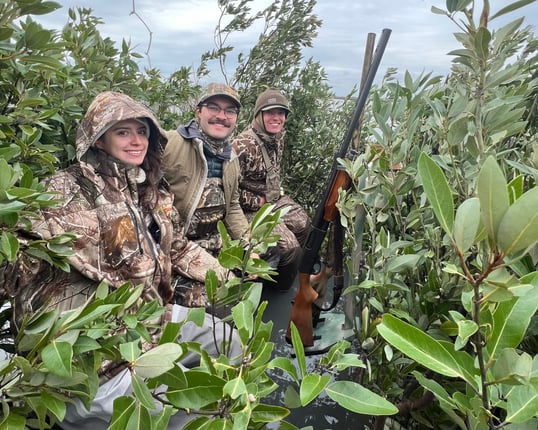
Evening Duck Hunt
We got settled into our watery blind and Chase jumped back on his boat to go help the other group set up. As soon as the airboat left, I said to the group “make sure you’re loaded. Once that airboat turns the corner, the ducks are going to pour in.” It was only a minute before the first group of ducks was headed for our spread. We kept our heads down a little too long after hunting difficult ducks the day before. Once we popped up, the birds began to flare but they were low and couldn’t recover fast enough. We let the shells fly and dropped a couple birds.
The first pass proved that the setup was perfect and our shooting was better than the day before. Attison stepped out to retrieve our ducks while the rest of us topped off our guns, picked up shells, and made some minor adjustments to the brush for better sight lines. We quickly inspected the redheads Attison grabbed but the horizon was covered with ducks and our attention turned to the next wave.
From our position we had a wide view and nearly endless visibility. We frequently saw groups of ducks off in the distance that must’ve contained hundreds, if not thousands of birds. These giant clouds of ducks would swirl across the horizon and eventually land. Shortly after, smaller groups would split off of the main group and disperse across the bay system.
It wasn’t long before the next wave of ducks was flying straight at us. The ducks were flying low and fast like stealth bombers and their strategy worked. The birds were hard to see, but just before they entered shotgun range they began to lift. Now their silhouettes were easy to see and as they decided to drop down toward our decoys we swung on them. Everyone was ready and the blasts rang out. As the ducks turned to leave, one, two, and then three birds folded and splashed down in the water.
We jumped up in excitement and Attison shouted “Lets go! Nice shooting guys!” dealing out fist bumps, and high-fives all around. We celebrated our great shots and good fortune then set out to grab the ducks. With five redheads now in the blind, we were within striking distance of the limit. The next group that came in was small and turned a little further out but right off the corner of the blind and one duck fell. A much larger group circled us at altitude but weren’t sold and moved on. Finally a decent group made a textbook approach to the decoys and prepared to land. We timed it right and dropped the last two redheads to fill our limit. It was now time to be careful.

Final Rounds
We had only been in the blind for 45 minutes but already had our four-person limit of redheads. Having seen only redheads so far we had to be very selective about
About this time, Chase walked up and slipped into the blind. With a set of trained eyes helping us scan the sky, we were back in the hunt. As we watched group after group work the decoys we missed some chances at a couple of birds that were mixed amongst the redheads. A little later we spotted a group of pintails high above our blind. Jake took the long odds and whistled at them and when they turned we were shocked. They began to do high circles above us slowly working down. Just when we thought they would make their final turn and give us a shot, they kept going and landed 200 yards away near some grass. As we looked at each other with disappointment, Attison spotted a blue bill that landed in the decoys while we weren’t looking. As he swung on the bird it jumped up but Attison quickly brought the bird back down.
Rolling On
We decided to call it early so we could get back and start dinner. As we collected decoys and broke down the blind we were all smiles and laughs. Chase put us on fish and an even better duck spot. All of us shot well and we saw more ducks than was thought to be possible. For Ian and Elena it was only their second duck hunt of their life and both were beaming. For myself and Attison we walked away with an incredible experience that deepened our love for the birds and the sport. Having a variety of skill levels present made the hunt that much more special.
We all had one of the best days of our lives in the outdoors but perhaps best of all, the world gained two new waterfowl hunters.
Joey Butrus
Updated on August 2, 2023
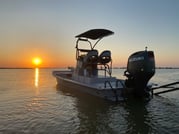
January 7, 2022

July 1, 2024
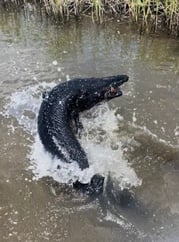
June 22, 2022
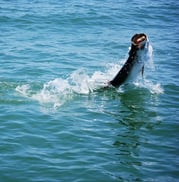
April 15, 2022
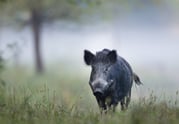
November 7, 2023
Related Articles
October 12, 2022
December 11, 2022
June 5, 2023
Featured Locations
- Fishing Charters Near Me
- Austin Fishing Guides
- Biloxi Fishing Charters
- Bradenton Fishing Charters
- Cabo San Lucas Fishing Charters
- Cancun Fishing Charters
- Cape Coral Fishing Charters
- Charleston Fishing Charters
- Clearwater Fishing Charters
- Corpus Christi Fishing Charters
- Crystal River Fishing Charters
- Dauphin Island Fishing Charters
- Daytona Beach Fishing Charters
- Destin Fishing Charters
- Fort Lauderdale Fishing Charters
- Fort Myers Fishing Charters
- Fort Walton Beach Fishing Charters
- Galveston Fishing Charters
- Gulf Shores Fishing Charters
- Hatteras Fishing Charters
- Hilton Head Fishing Charters
- Islamorada Fishing Charters
- Jacksonville Fishing Charters
- Jupiter Fishing Charters
- Key Largo Fishing Charters
- Key West Fishing Charters
- Kona Fishing Charters
- Lakeside Marblehead Fishing Charters
- Marathon Fishing Charters
- Marco Island Fishing Charters
- Miami Fishing Charters
- Montauk Fishing Charters
- Morehead City Fishing Charters
- Naples Fishing Charters
- New Orleans Fishing Charters
- New Smyrna Beach Fishing Charters
- Ocean City Fishing Charters
- Orange Beach Fishing Charters
- Panama City Beach Fishing Charters
- Pensacola Fishing Charters
- Pompano Beach Fishing Charters
- Port Aransas Fishing Charters
- Port Orange Fishing Charters
- Rockport Fishing Charters
- San Diego Fishing Charters
- San Juan Fishing Charters
- Sarasota Fishing Charters
- South Padre Island Fishing Charters
- St. Augustine Fishing Charters
- St. Petersburg Fishing Charters
- Tampa Fishing Charters
- Tarpon Springs Fishing Charters
- Venice Fishing Charters
- Virginia Beach Fishing Charters
- West Palm Beach Fishing Charters
- Wilmington Fishing Charters
- Wrightsville Beach Fishing Charters

